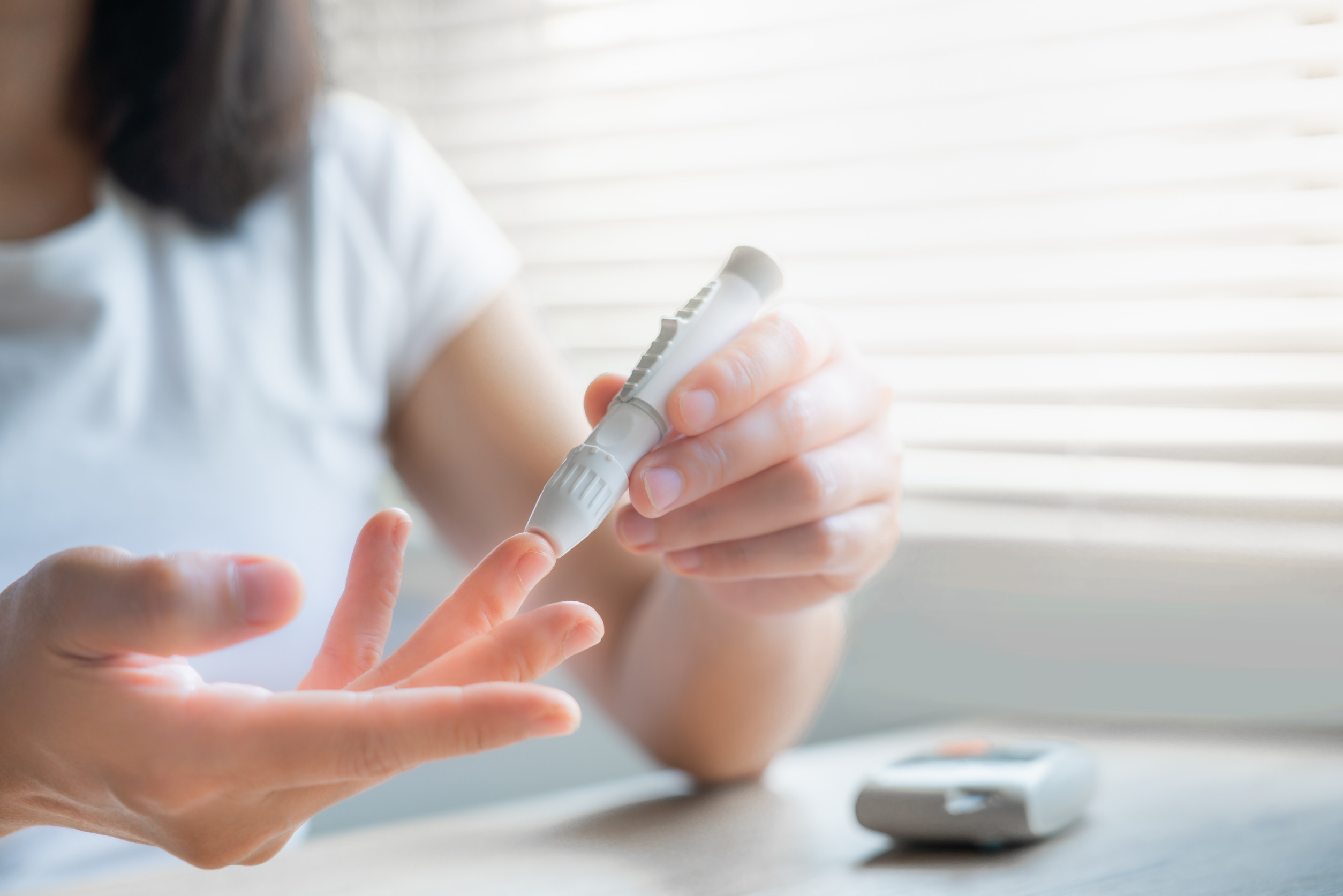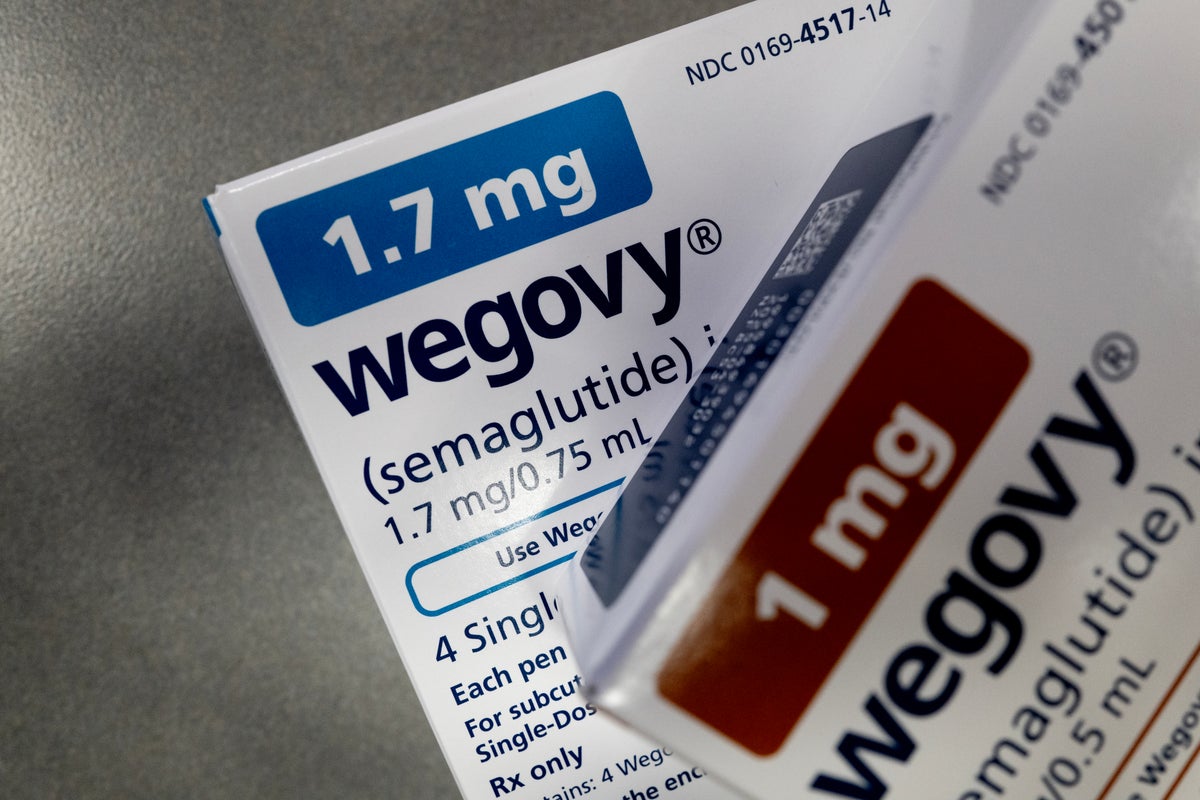In late 2015, Marisa Peters, then 33, noticed blood on the toilet paper after a bowel movement. Worried, she visited her doctor, who dismissed her concerns as changes that can occur after having a baby. “In their words, not mine, I presented as if I had it together as if I was an energetic young mom who perhaps may have had different expectations of the physical, emotional ramifications of having a child,” Peters, now 43, of Los Angeles, tells TODAY.
com. “Some of my physicians chalked it up to being related to childbirth, which ultimately delayed my diagnosis.” Over the next five years, the symptoms continued, and doctors assured Peters she was fine.

She delivered two more children before finally undergoing a colonoscopy and ultimately being diagnosed with Stage 3 rectal cancer. “Life immediately turned upside down overnight as it does for anybody when they get life (changing) news like that,” she says. “Cancer had been the furthest thing from my mind.
” At first, Peters noticed blood on the toilet paper. As the years passed, the symptoms became more concerning. “It went from ribbons of blood in the poop to filling the bowl with blood,” she says.
“It ultimately seemed like (I) had a period with the amount of blood that was coming out.” The texture of her stool changed, and it looked “shaggy” and smaller. “It was trying to fit past this pomegranate sized, 5-centimeter sized tumor, in my rectum in order to exit my body,” she says.
“I had increased urgency to go to the bathroom where it felt like ‘Oh my gosh am I going to poop my pants right now?’” From losing so much blood, Peters developed anemia and felt an “insatiable need to chew on ice.” During this five-year period where her symptoms intensified, she also gave birth to two more children. After her third child’s “complicated” birth that included her rapidly losing blood, she eventually saw a gastroenterologist to approve a medication that she hoped would help manage her GI symptoms.
“I went to that doctor and on telling her my symptoms, I’ll never forget her face. She was shocked and concerned,” Peters recalls. The doctor asked if Peters wanted a colonoscopy and at first, she demurred.
At the time, she didn’t know that . The doctor agreed they could skip the colonoscopy for now if Peters underwent other types of tests. If those results indicated a colonoscopy was needed, Peters agreed to return.
“We did a Cologuard test. We did a number of other lab-based tests,” she says. “Sure enough, the Cologuard test resulted positive.
” Peters needed a colonoscopy. “I got that colonoscopy, which revealed the tumor,” she says. “They got the biopsy back very quickly, so within 48 hours.
It was a Wednesday that I got the call that it was confirmed cancerous.” The size of the tumor indicated it was late stage but doctors were unsure if it had spread to other parts of her body or invaded the rectal wall. Soon after undergoing scans, Peters learned she had Stage 3 rectal cancer in early summer 2021.
“The tumor was right at the top of my rectum, which was why it was causing that increased urgency to go to the bathroom,” she says. Her treatment plan included six rounds of chemotherapy followed by 28 rounds of radiation with oral chemotherapy every week day for five and a half weeks. Following treatment, she underwent a 7-hour surgery where doctors removed the mass and reconstructed her rectum.
To recover, she had an for four months. Finally, she had six more rounds of chemotherapy before undergoing the surgery to reverse the ileostomy. “That is when I feel like the real battle started because you realize what has gone on in your life,” she says.
“Thankfully, gratefully, miraculously I had a complete response to treatment.” Over the past 30 years, the number of cases of colorectal cancer in young people has steadily risen. “It is definitely increasing in young people,” Dr.
David Rosen, a colorectal surgeon with the Center for Young-Onset Colorectal Cancer, who did not treat Peters, told . “It continues to increase in young people even younger than 45.” Signs of colorectal cancer can include: Treatments for rectal cancer can include chemotherapy, radiation and surgery.
After her diagnosis and the completion of her treatment, Peters started a nonprofit called . “Our mission is to eradicate death by young onset colorectal cancer through three pillars. (One) that is focused in awareness and education.
Again, that would have made a critical difference if I only knew,” she says. “The second is around access and research ..
. And lastly, it’s not enough if people just know they have the tests, they have to take action. They need to get those colonoscopies or take a stool-based test.
” After her own experience, Peters feels it’s important to share information about colorectal cancer. “I’m never going to stop talking about this,” she says. “If I can help humanize and make this more realistic by sharing my own story, as improper or unglamorous.
.. as it might be, I am never going to stop sharing that.
” Meghan Holohan is a digital health reporter for TODAY.com and covers patient-centered stories, women’s health, disability and rare diseases..
Health

Mom shares the colorectal cancer symptoms that doctors dismissed as a postpartum issue for 5 years

Marisa Peters noticed blood after bowel movements. Doctors dismissed them as changes from motherhood. 5 years later, she was diagnosed with rectal cancer.















